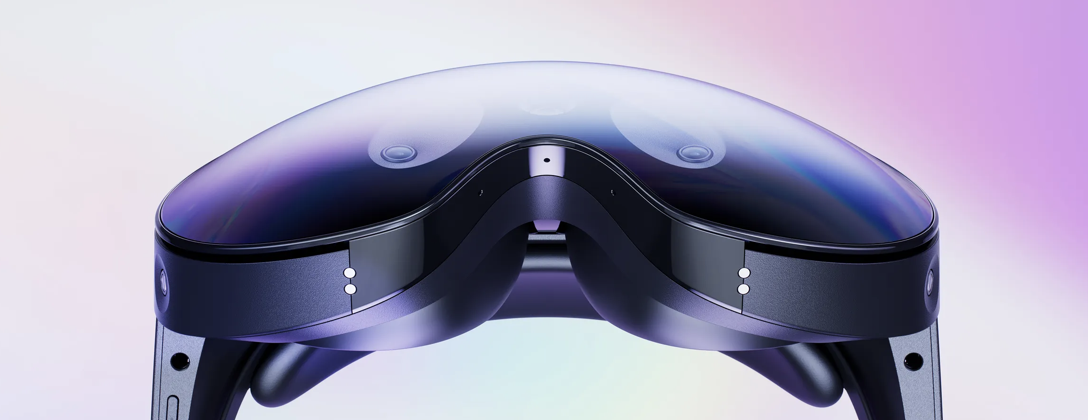Meta Connect 2022 offered a clear roadmap of the company’s go-to-market metaverse vision. That vision is a departure from Meta’s roots in consumer-first social products and is anchored in the future of work. Targeting the enterprise is an advantageous approach to bringing the metaverse to the mainstream. First, the enterprise has a problem: the hybrid work setup is now a standard for information workers. This has been a headwind to fostering collaboration and sustaining culture. Second, the enterprise has the means to invest in pricey hardware that can power useful immersive experiences.
Three takeaways:
- The announcement of Quest Pro ($1,500 with 1-2 hour battery life) came with a tagline of Meta’s “most advanced headset yet.” In terms of comfort and functionality, it’s a meaningful step forward from Quest 2.
- Windows 365 and Zoom will work on Quest Pro sometime next year. Arguably, Microsoft Office and Zoom are two of the most important work tools, and their upcoming integration with Quest Pro and Horizon represents an endorsement of Meta’s vision. In short, Meta needs Microsoft and Zoom to get the work opportunity off the ground.
- Quest Pro has both VR and MR (mixed reality) capabilities, allowing it to seed a strong developer ecosystem before any future launch of its developing AR glasses. Most developers will initially build VR for Quest Pro given that, over the next three years, VR represents the most profitable and most transformative opportunity. As these developers experiment with Quest Pro and its MR capabilities, they’ll begin to dream up applications for MR. Over time, developer focus will shift from VR to MR and eventually onto AR. Meta is taking a Trojan horse philosophy: win the developers, win the platform.
Timing
While Quest Pro releases this month, the mass adoption of the metaverse is many years away. We expect only a fraction of businesses to try Quest Pro over the next couple of years given that the concept of “metaverse work” is still an experiment. However, over time, the hardware, software and avatars will improve and bring along an increase in enterprise endorsements.
For META investors, it’s important to note that Zuckerberg kicked off Meta Connect with an acknowledgement that it’s still early for the company’s ambitions. That means that, over the next three years, Instagram ad growth and competitive dynamics with TikTok will dictate the company’s inherent value. Over the long run, we believe consumer tech innovation will not stop at mobile. There will be something beyond mobile, and that something is most likely the metaverse.
Competition
Apple and Google are Meta’s biggest competitors in the race to build the next computing platform. The tension between Apple and Meta is especially palpable. You don’t hear Apple talking about the metaverse but that’s not because they don’t believe in it. Apple chooses to build its own narrative. To date, Apple’s language around the next computing platform has centered on the opportunity of AR. We expect the company to preview an MR wearable at next year’s WWDC. Google is not far behind with its developments in MR/AR although timing is less clear.
Other notable announcements:
- Work: Quest Pro’s virtual room meeting feature, Workrooms, contains a persistent virtual whiteboard where teams can add sticky notes or images. The final product can be exported outside of the app.
- Work: Accenture will sell services to build metaverse business apps. Not to mention, the company has already equipped 60K headsets to its employees.
- Work: In 2023, Quest for Business will launch including integration with Microsoft and Zoom.
- Avatars: In 2023, expect a tool for rapidly building life-like avatars.
- Fitness: VR for fitness is gaining traction. The company announced Active Pack for Quest 2, available starting October 25, to better handle the sweaty conditions of exercise.
- Content: NBCUniversal and Meta are partnering up to build an app and create interactive content for amusement parks. This includes a Meta-version of NBC episodic shows and Peacock to stream on Quest in 2023.
- Gaming: Early 2D integrations of Xbox Cloud games are also on the way. While it’s unlikely that anyone will want to use it with the 2D games today, it lays the foundation for more Xbox integration in the years to come.
